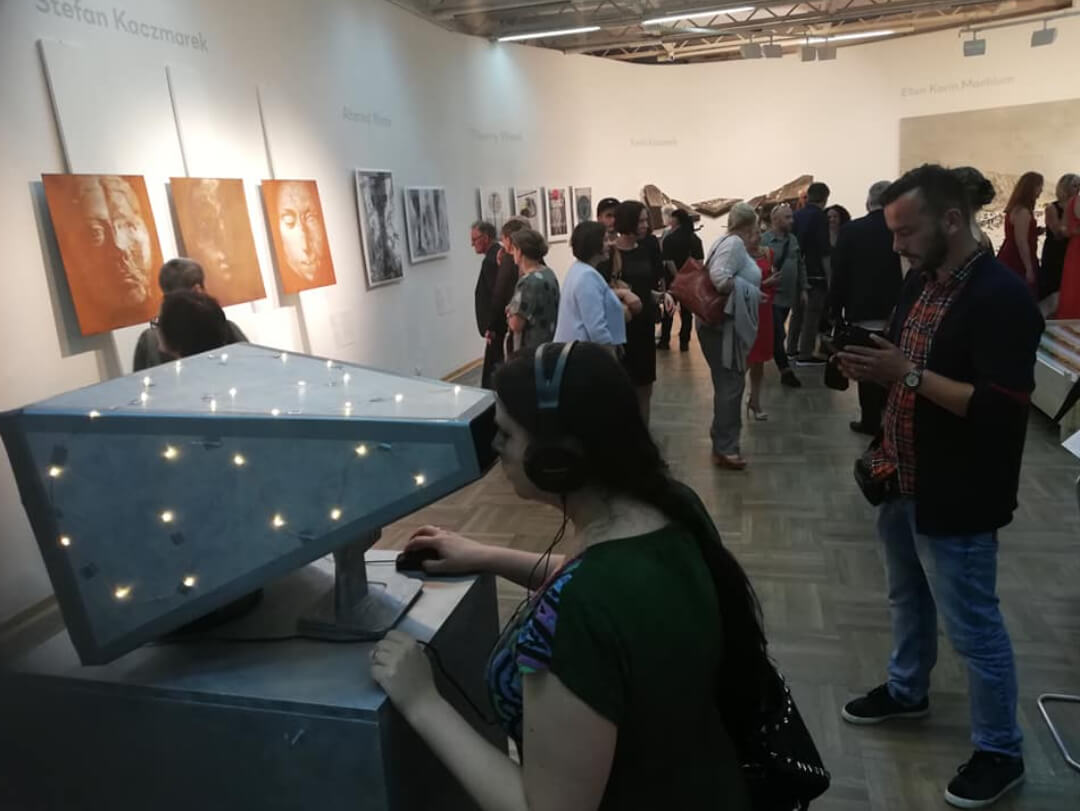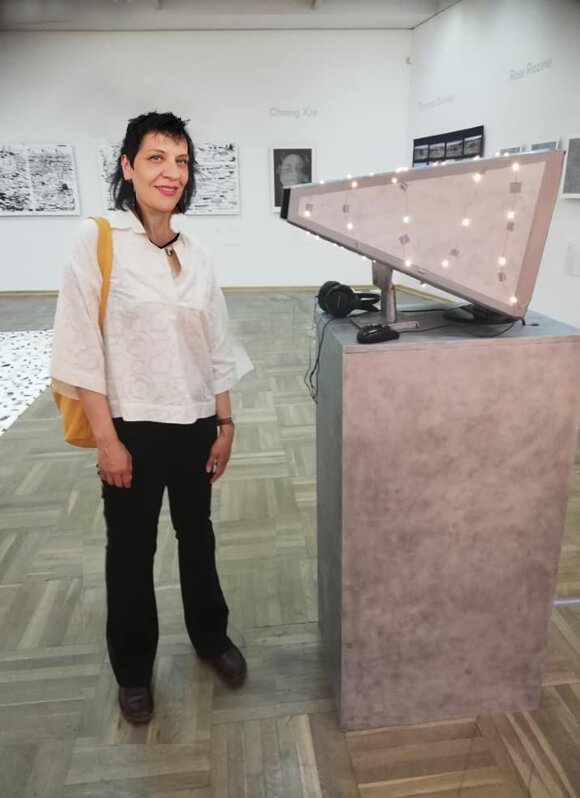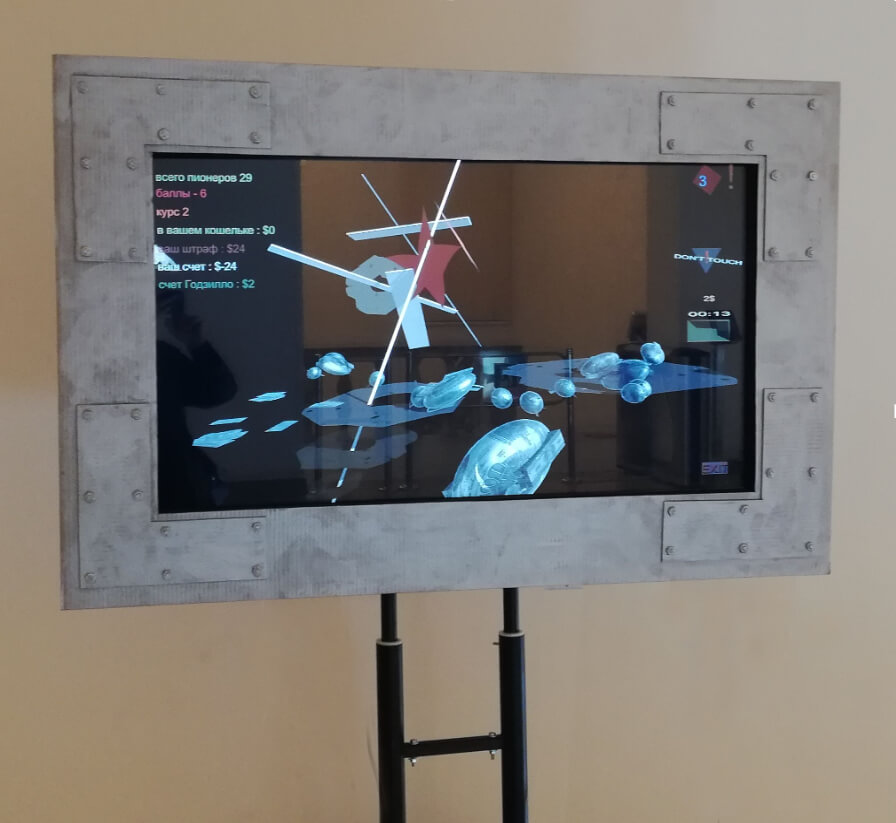

 button on the episode page.
button on the episode page.
Games are a wonderful phenomenon, like magical doors that give us access to worlds where everything comes to life through the magic of digital codes. Codes give life to characters, turning them into unique inhabitants of virtual universes. These worlds are created by the joint efforts of a large team: artists, programmers, scriptwriters, sound engineers, and other digital art masters. However, in indie games, all these roles are often taken on by one person, creating entire worlds with their own hands.
The player seems to have complete control over the characters and chooses their path in these virtual realities. However, in reality, they are only following pre-designed routes suggested by cunning creators. Who really controls the course of the game? The characters, the players, the brilliant programmers, or the mysterious algorithms? And what if all this is not only the result of programmed and unprogrammed accidents but also banal errors in the code? Perhaps this is where the magic lies - life, like the game, is also filled with surprises.
Project 'Kinetos Interactive': Virtual Fragments of Modernity
My project, created in the game development technique, is a series of five episodes, each of which lives its own unique life. These episodes are not connected by context or plot but represent a mosaic woven from the ghosts of the Soviet past and fantasies about the future. These are absurd fragments that, despite their apparent chaos, find their own logic and order.
Each scene is like a fleeting glance at our contemporary clip thinking, where the chaotic interweaving of bright images, their abundance, and rapid changes have become part of our daily lives.
Games allow us not only to be observers but also active participants in this performance. For me, as an author, using game technologies is not just a rich tool but also a wonderful opportunity to turn the laborious process of creating a digital art object into an exciting game. A game, the script of which, initially conceived by me, gets out of control, obeying its own internal laws and computer algorithms. This excites and intrigues me - what will happen next? Even I, as the creator, do not always know where this process will lead, and often the result surprises me no less than the audience.
Imagine that this is a small model of our big world. Perhaps somewhere far in space, our CREATOR is watching us with the same amazement, thinking: "What have I done?"
The game and life are so intertwined that one can be a reflection of the other. Each of us, like a player, tries to find their way in a world that increasingly resembles one big mad performance.


